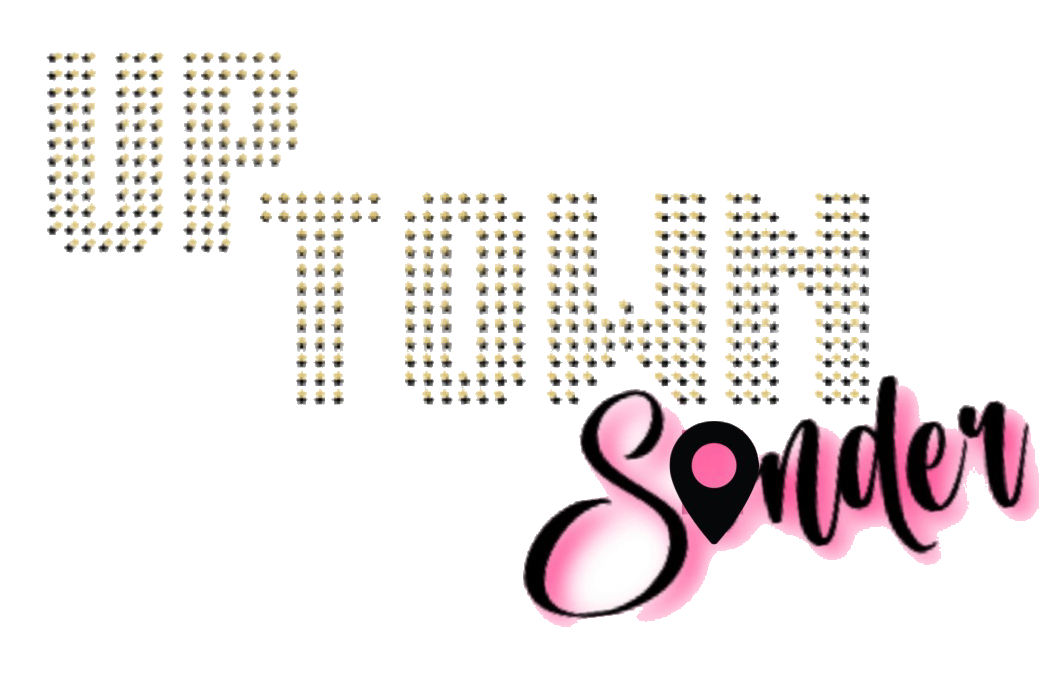Criticism, at its core, refers to the evaluation or judgment of the merits and faults of something or someone. In the realm of personal interactions, professional environments, and especially in the vast expanse of social media, criticism can take various forms and intensities.
Types of Criticism
In Real Life (IRL) Criticism
This occurs in face-to-face interactions. It could be a friend giving feedback about your behavior, a family member commenting on your life choices, or a colleague providing input on your work.
Professional Criticism
This takes place in work environments. Examples include performance reviews, feedback from superiors or peers, and constructive critiques on projects.
Social Media Criticism
On platforms like Twitter, Facebook, and Instagram, criticism can be immediate, widespread, and, at times, intense. It might come from known individuals or complete strangers.
Dealing with Different Kinds of Feedback
True Feedback
Constructive criticism is meant to help improve. Embrace it as a learning opportunity. Reflect on it, and consider making adjustments if they align with your personal or professional goals.
False Feedback
Not all criticism is valid. It’s essential to differentiate between feedback that holds merit and baseless comments. For false criticisms, it’s often best to disregard them and not internalize the negativity.
Harsh Feedback
Even if it contains truth, harsh criticism can sting. It’s crucial to separate the message from the delivery. Consider the content of the feedback, not just the tone.
Personal Attacks
These can be hurtful and usually reflect more on the person delivering them than on you. It’s best to distance oneself from such negativity and, if on social media, consider using blocking or reporting tools.
Methods to Cope with Criticism
Reflect
Take a moment to process the criticism. Not all feedback requires an immediate response.
Open-mindedness
Be willing to see another perspective. This doesn’t mean you have to agree, but understanding where someone is coming from can be beneficial.
Avoid Defensiveness
Instead of becoming defensive, try to understand the underlying concern or issue being raised.
Seek Clarification
If unsure about the criticism, ask for specifics. This can help in understanding the feedback better and can often lead to more constructive conversations.
Know Your Worth
Base your self-worth on your values and beliefs, not on external opinions. Remember, everyone, even the most accomplished individuals, face criticism.
Limit Exposure
If social media criticism becomes overwhelming, consider taking breaks, limiting your online time, or adjusting privacy settings.
Seek Support
Talk to trusted friends, family, or professionals about the criticism you’ve received. They can offer a fresh perspective or simply be a source of comfort.
Criticism is a part of life, irrespective of the platform or context. While it can be challenging to navigate, especially in the age of social media, developing resilience and effective coping strategies can transform criticism from a source of stress to a tool for growth.


buy misoprostol 200mcg online cheap – orlistat over the counter diltiazem sale